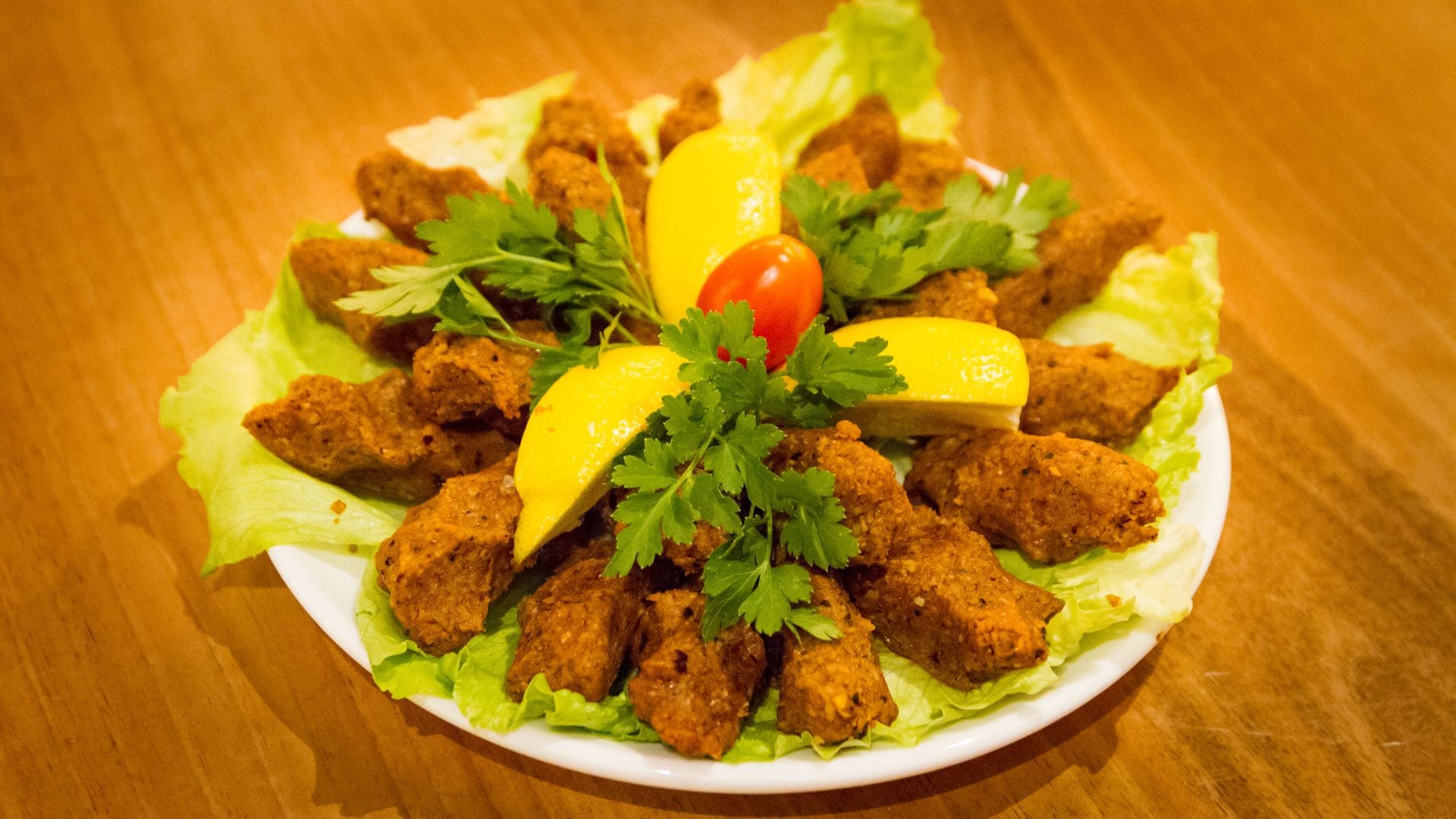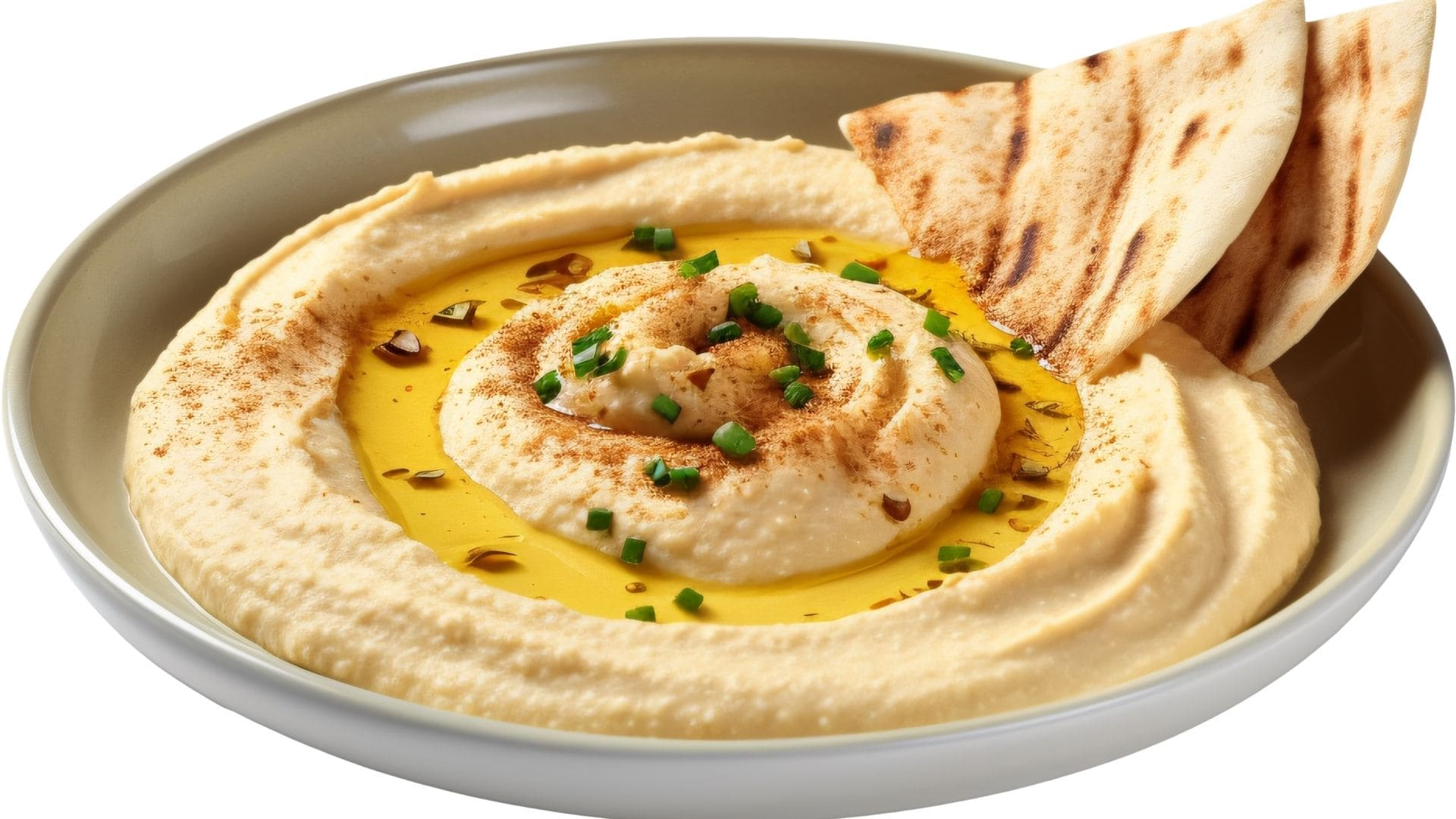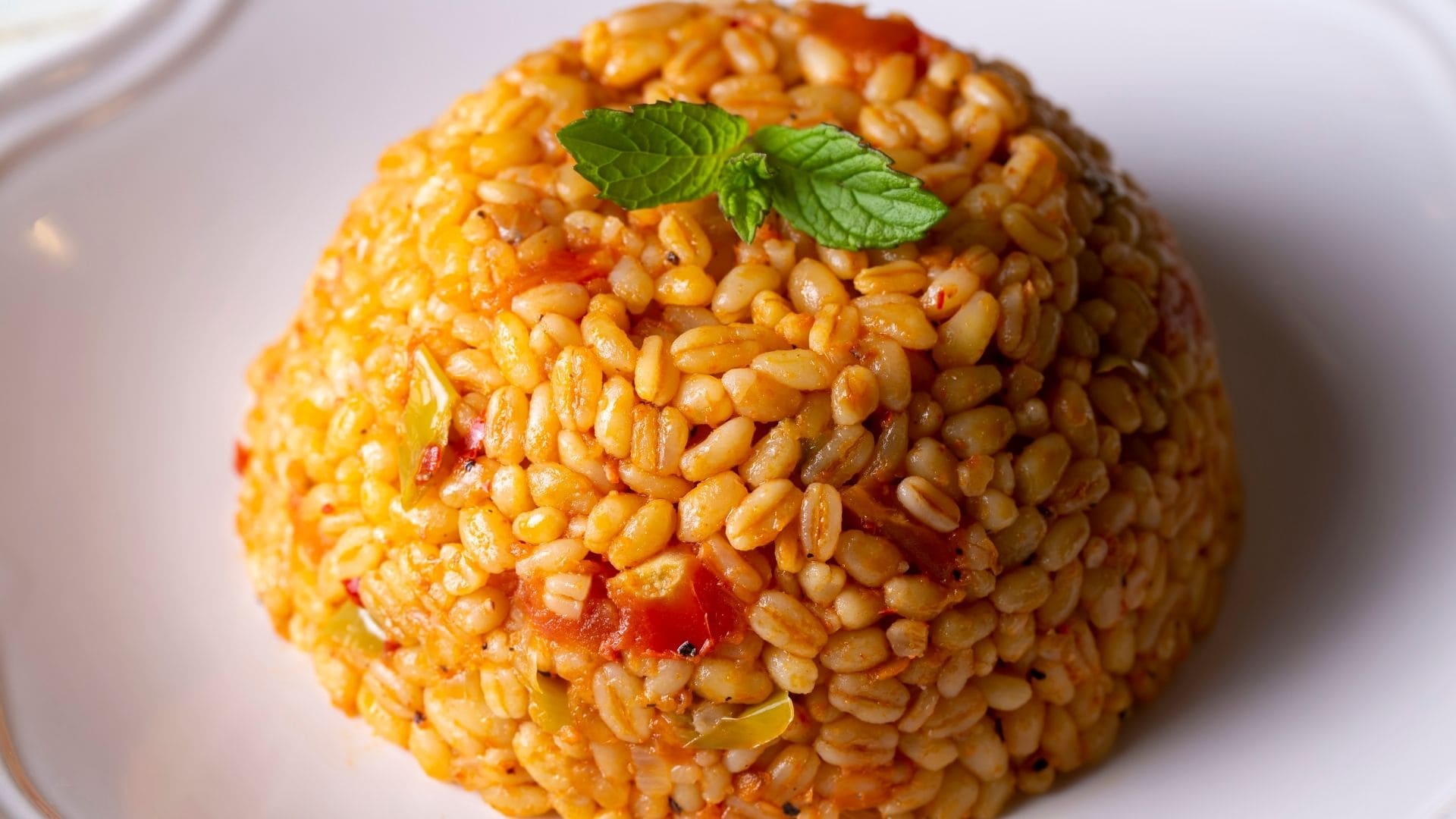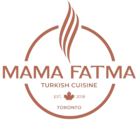Turkish cuisine is renowned for its bold flavors, vibrant colors, and a deep respect for fresh, seasonal ingredients. While many associate Turkish food with kebabs and grilled meats, the cuisine also offers a rich variety of vegetarian dishes that showcase the best of the region’s culinary traditions. At Mama Fatma, located in Toronto, Ontario, Canada, we celebrate these delicious and versatile meatless options, prepared with 100% halal ingredients.
In this blog, we’ll take a flavorful journey into Turkish vegetarian cuisine, from popular dishes to the ingredients and spices that make them unforgettable.
Popular Turkish Vegetarian Meals
Turkish cuisine features an array of vegetarian dishes, offering something for every palate. These meals are rooted in tradition and often highlight the bounty of fresh vegetables, legumes, and grains.
1. Stuffed Eggplant (Imam Bayildi)
A classic in Turkish vegetarian dishes, Imam Bayildi is eggplant stuffed with onions, tomatoes, garlic, and spices, then baked until tender. The name translates to “the imam fainted,” a reference to its incredible taste.
2. Lentil Patties (Mercimek Köftesi)
These protein-packed lentil patties are made with red lentils, bulgur, onions, and a medley of spices. Often served as an appetizer or snack, they are a must-try for anyone exploring vegetarian Turkish food.
3.Green Beans in Olive Oil (Zeytinyağlı Fasulye)
This dish features tender green beans slow-cooked with tomatoes, onions, and olive oil. Served cold, it’s a staple in the category of Turkish vegetarian dishes.
4.Zucchini Fritters (Mücver)
Made with grated zucchini, herbs, eggs, and flour, Mücver is fried to golden perfection and often served with a side of yogurt sauce.
5. Savory Pastry (Börek)
While some versions include meat, many types of savory pastry are vegetarian, filled with spinach, feta cheese, or potatoes wrapped in flaky phyllo dough.
At Mama Fatma, we offer these and more, showcasing the richness of vegetarian Turkish dishes for our guests in Toronto.

How to Replace Meat in Traditional Recipes
Replacing meat in traditional Turkish recipes is easier than you might think, thanks to the cuisine’s inherent reliance on vegetables, grains, and legumes.
Tips for Substitutions:
- Eggplant as a Base: Eggplant is often used as a meat alternative, providing a hearty texture in dishes like Stuffed Eggplan (Karnıyarık) or Imam Bayildi.
- Legumes for Protein: Lentils and chickpeas are staples in Turkish cuisine and work well in soups, stews, and even patties.
- Grains for Bulk: Bulgur and rice add substance to stuffed vegetables like Stuffed Peppers and Stuffed Grape Leaves.
A meat-based Lahmacun (Turkish flatbread) can easily be turned vegetarian by replacing the ground meat topping with a mix of finely chopped mushrooms, tomatoes, and spices.
Vegetarian Mezes to Try
Mezes, or small dishes served as appetizers or sides, are a highlight of Turkish cuisine vegetarian offerings. Many mezes are naturally vegetarian and perfect for sharing.
1. Hummus
Made from blended chickpeas, tahini, garlic, and lemon juice, hummus is a creamy and flavorful dip enjoyed across the Middle East and Turkey.
2. Baba Ghanoush
This smoky eggplant dip, mixed with tahini, garlic, and olive oil, is a staple on any meze platter.
3. Haydari
A tangy yogurt dip flavored with garlic, mint, and olive oil, Haydari pairs wonderfully with bread or fresh vegetables.
4. Ezme
This spicy tomato and pepper salad is finely chopped and mixed with olive oil, lemon, and pomegranate molasses.
5. Piyaz
A white bean salad tossed with onions, parsley, and a tangy dressing, Piyaz is both refreshing and satisfying.
At Mama Fatma, our meze selection reflects the vibrant flavors of the Mediterranean, offering a variety of options for vegetarians.

Seasonal Vegetables in Turkish Cooking
Turkish cuisine places a strong emphasis on using fresh, seasonal ingredients. Each season brings its own variety of vegetables, which are celebrated in regional dishes.
Spring and Summer:
- Eggplants and Zucchini: Used in dishes like Mücver and stuffed vegetables.
- Green Beans: Perfect for olive oil-based recipes like Green Beans in Olive Oil.
- Tomatoes and Peppers: Essential for making stews, salads, and mezes.
Autumn and Winter:
- Root Vegetables: Carrots, potatoes, and celery root are featured in hearty stews.
- Cabbage: Often used for making Stuffed Cabbage Rolls.
- Pumpkins: A sweet or savory ingredient in various dishes.
Using seasonal produce not only enhances flavor but also aligns with traditional Turkish cooking practices.

The Role of Spices in Vegetarian Dishes
Spices are the soul of vegetarian Turkish dishes, transforming simple ingredients into bold and aromatic meals.
Essential Turkish Spices:
- Sumac: Adds a tangy flavor, commonly sprinkled over salads and grilled dishes.
- Paprika: Both sweet and spicy varieties are used to enhance soups, stews, and sauces.
- Cumin: Provides warmth and depth to lentil-based dishes like Lentil Patties.
- Mint: A fresh or dried herb that’s essential in dips like Haydari and stuffed grape leaves.
The careful balance of spices is what makes vegetarian Turkish food so flavorful and unique.
Turkish Grains and Legumes for Meatless Meals
Grains and legumes are foundational to Turkish vegetarian cooking, offering both nutrition and versatility.
1. Bulgur
A staple in dishes like Kısır, bulgur is a hearty and healthy grain that complements many meals.
2. Lentils
Red and green lentils are used in a variety of recipes, from Lentil Soup to Lentil Patties.
3. Chickpeas
Chickpeas are essential in dishes like Hummus and Rice with Chickpeas, adding protein and texture.
4. White Beans
Used in Turkish Bean Stew and Piyaz, white beans are a satisfying and versatile ingredient.
At Mama Fatma, we highlight these ingredients in our menu, ensuring our vegetarian dishes are both nutritious and delicious.

Exploring the Role of Yogurt in Turkish Savory Dishes
Main Entrees Delight in the heart of our menu! Order your favorite Main Entrees from Mama Fatma and enjoy a feast of authentic flavors. Order Now Turkish cuisine is renowned

Exploring Turkish Flavors with Vegetarian Dishes
Cold Appetizers Refresh your palate with our delicious Cold Appetizers! Order now from Mama Fatma and enjoy the perfect start to your meal Order Now Turkish cuisine is renowned for

The Importance of Clay Pot Cooking in Turkish Cuisine
Main Entrees Experience the magic of Clay Pot Cooking! Order now from Mama Fatma and savor the slow-cooked, authentic flavors of our traditional dishes Order Now When it comes to

How to Host a Turkish-Style Dinner Party
Main Entrees Make your dinner party unforgettable! Book your order at Mama Fatma Restaurant and let us serve you and your guests with authentic, flavorful dishes. Order Now Hosting a

Exploring the History of Turkish Desserts with Nuts
This is the heading Treat yourself today! Order your favorite dessert from Mama Fatma and indulge in the sweet flavors of our authentic menu Order Now Turkish desserts are a

A Beginner’s Guide to Turkish Bread Varieties
Bread (ekmek) is the heart of Turkish cuisine. Whether served alongside savory stews, stuffed with delicious fillings, or enjoyed as a snack, Turkish bread holds cultural, culinary, and emotional significance.




There are no comments